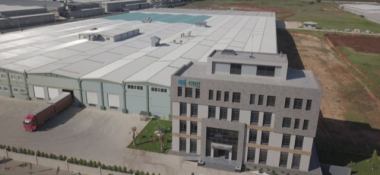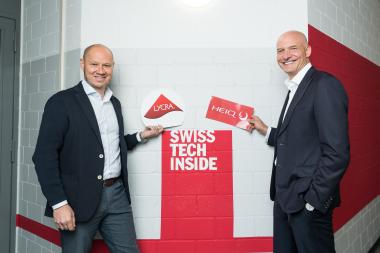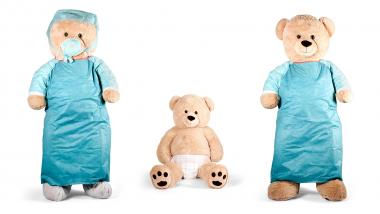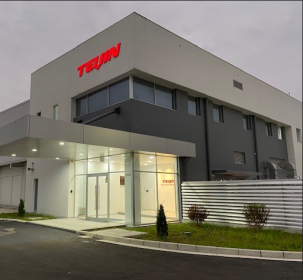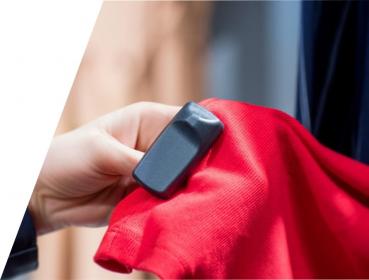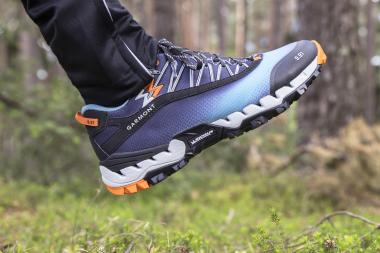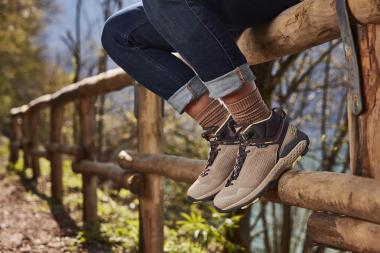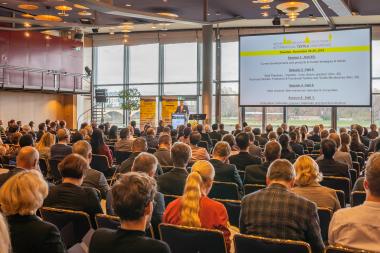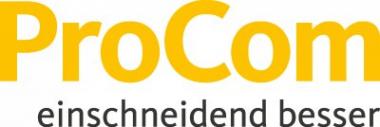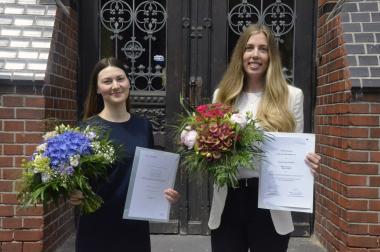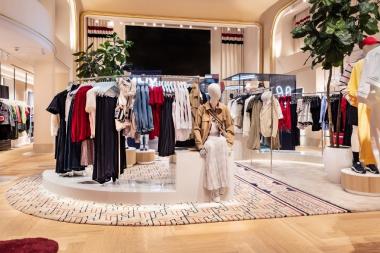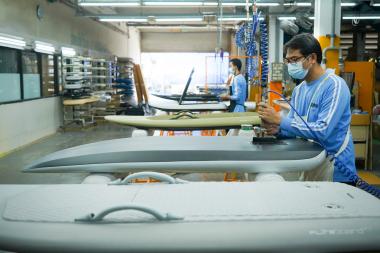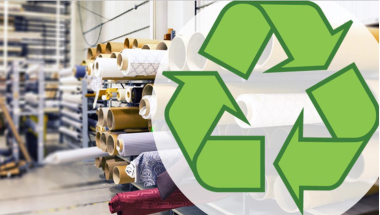Design Museum Holon’s Largest Fashion Exhibition to Date: “The Ball”
Exploring the relationship between fashion, dreams and escapism
Curated by Ya'ara Keydar
July 13th, 2021 – December 11th, 2021
The Design Museum Holon unveils its newest and most ambitious fashion exhibition “The Ball” spanning the entire museum. Taking an innovative approach from Design Museum Holon’s previous fashion exhibitions, “The Ball” is a multi-sensory theatrical experience that combines fashion, sound, music, scenery, and lighting to showcase how dresses from the past resonate in today’s eveningwear design. The exhibition offers a dreamy experience full of fantasy, forging connections between the history of balls, Western fashion, and the current creations of Israel’s leading designers.
“The Ball” looks at past and present-day fashion, exploring the complexities woven into the longing for opulence and escapism. Throughout history, while balls were often reserved for the elite, fairytales provided a gateway into a world of imagination, overcoming social divides and barriers. Through a creative dialogue between the fantastic and the real, the exhibition invites visitors to explore the role of fashion and escapism in everyday life.
The exhibition displays approximately 120 ball gowns representing both historical and contemporary designs, which feature luxurious materials alongside surprisingly recognizable ones. In addition to the gowns, the exhibition showcases approximately 50 accessories created especially for the exhibition by Israel’s leading designers, including a display of glass Cinderella slippers printed in 3D, and a collection of hats inspired by desserts.
Participating designers:
Shadi Abed, Chen Adar, Shlomi Anteby, Rivi Avivi, Shahar Avnet, Idit Barak, Victor Vivi Bellaish, Berta, BOOBA MACHO by Karin Vasiluk, Hila Cohen, Luci David, Tatiana Davidov (Studio Tiamanta), Gadi Elimelech, Lia Fattal, Aviram Fima, Aharon Genish, Nimrod Gilo, Lee Grebenau, Brurya, Haritan, Nofar Hatuka, Lihi Hod, Iota Studio, Adi Karni, Ohad Krief, Galia Lahav, Ronen Levin, Rotem Levitan - Retema, Noam Levy, Alon Livne, Shady Francis Majlaton, Chana Marelus, Tal Medina, Moni Mednik, Yaron Minkowsky, Evyatar Myor, Maya Naé, Eliran Nargassi, Nataf Hirshberg and Yanky Golian, Dylan Parienty, Yaniv Persy, Ruth Philosoph, Assaf Reeb, , Katya Romantsov, Eden Saadon, Alon Shabo, Shai Shalom, Orwa Shareef, Sharon Tal, Maskit ,Rotem Shaul, Gal Shenfeld, Nadir Shoshany, Liora Taragan, Ariel Toledano, Michal Yersanesh Mangisto, Maor Zabar, Mira Zwillinger Studio
Visit DMH
NEGRI FIRMAN PR & COMMUNICATION for DMH










